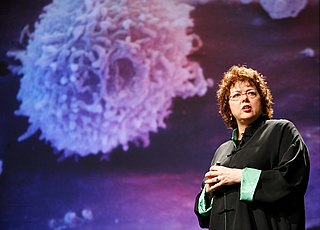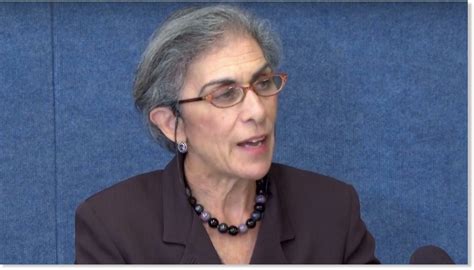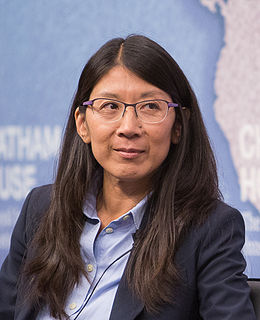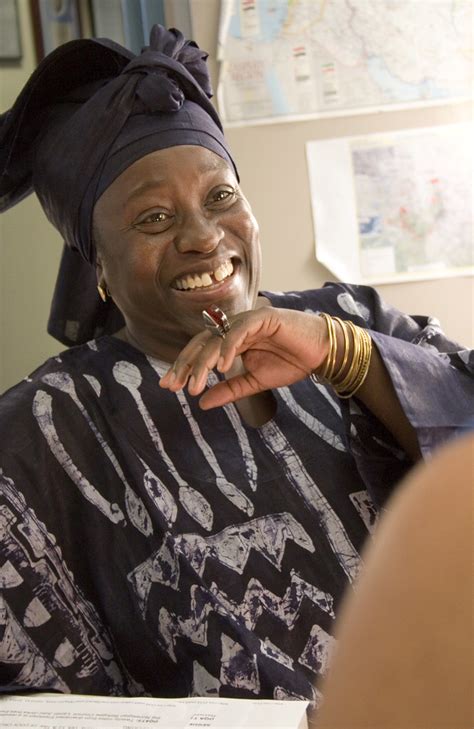A Quote by Laurie Garrett
Ebola haunted Zaire because of corruption and political repression. The virus had no secret powers, nor was it unusually contagious. For centuries Ebola had lurked in the jungles of central Africa. Its emergence into human populations required the special assistance of humanity's greatest vices : greed, corruption, arrogance, tyranny, and callousness.
Related Quotes
See, Ebola, like all threats to humanity, it's fueled by mistrust and distraction and division. When we build barriers amongst ourselves, and we fight amongst ourselves, the virus thrives. But unlike all threats to humanity, Ebola is one where we're actually all the same. We're all in this fight together.
I am big supporter of the idea of a global anti-corruption movement - but one that begins by recognizing that the architecture of corruption is different in different countries. The corruption we suffer is not the same as the corruption that debilitates Africa. But it is both corruption, and both need to be eliminated if the faith in democracy is not going to be destroyed.






























